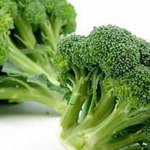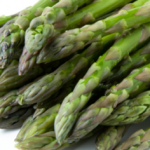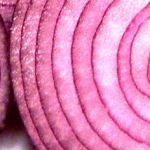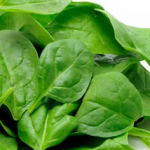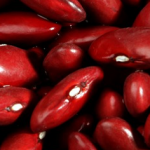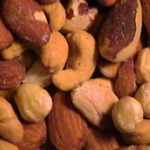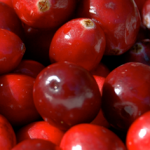Carrots
Vitamins
Vitamin A is a valuable substance in the management of diabetes due to its many benefits to the cardiovascular system. Vitamin A can both help to inhibit the buildup of harmful antibodies while also aiding the creation of helpful genetic molecules. This greatly lowers the risk of heart defects arising from diabetes, and can also help to lower the amount of glucose in the bloodstream.
Vitamin C is also helpful in the reduction of blood sugar levels, and is also vital in the reduction of cellular damage or abnormalities associated with other harmful foreign bodies. Much like vitamin A, vitamin C aids the cardiovascular system by strengthening the flow of blood. Furthermore, it helps to boost the immune system. It can help to lower the risk of hypertensive tendencies in diabetes patients and is an all-around healthy addition to a nutritious diet.
Vitamin K is helpful in both the management and prevention of type 2 diabetes. Vitamin K helps prevent cancers that might arise from severe cases of diabetes, and also increases the effectiveness of insulin. It can also help to maintain blood glucose at healthy and stable levels. The multitudinous health benefits of vitamin K have been shown to decrease the likelihood of diabetes by as much as twenty percent.
Carrots as a Substitute
When being consumed in place of less healthy snacks, it is important that carrots be eaten raw. This is especially true in light of their high glycemic index. When heated, the natural sugars can caramelize, which increases the impact carrots may have on blood sugar levels. When eaten raw, however, they can replace most food items as a quick and healthy snack. They can also increase the health benefits of larger meals when added to cold dishes such as salad or numerous types of cold pasta.
Even though juiced carrots can still be considered raw, this is not necessarily the best option. Breaking down the carrots from their solid state increases the rate at which their natural sugars metabolize into the bloodstream. This means that one takes the same risk by drinking carrot juice that they take by eating carrots when steamed or otherwise cooked.

